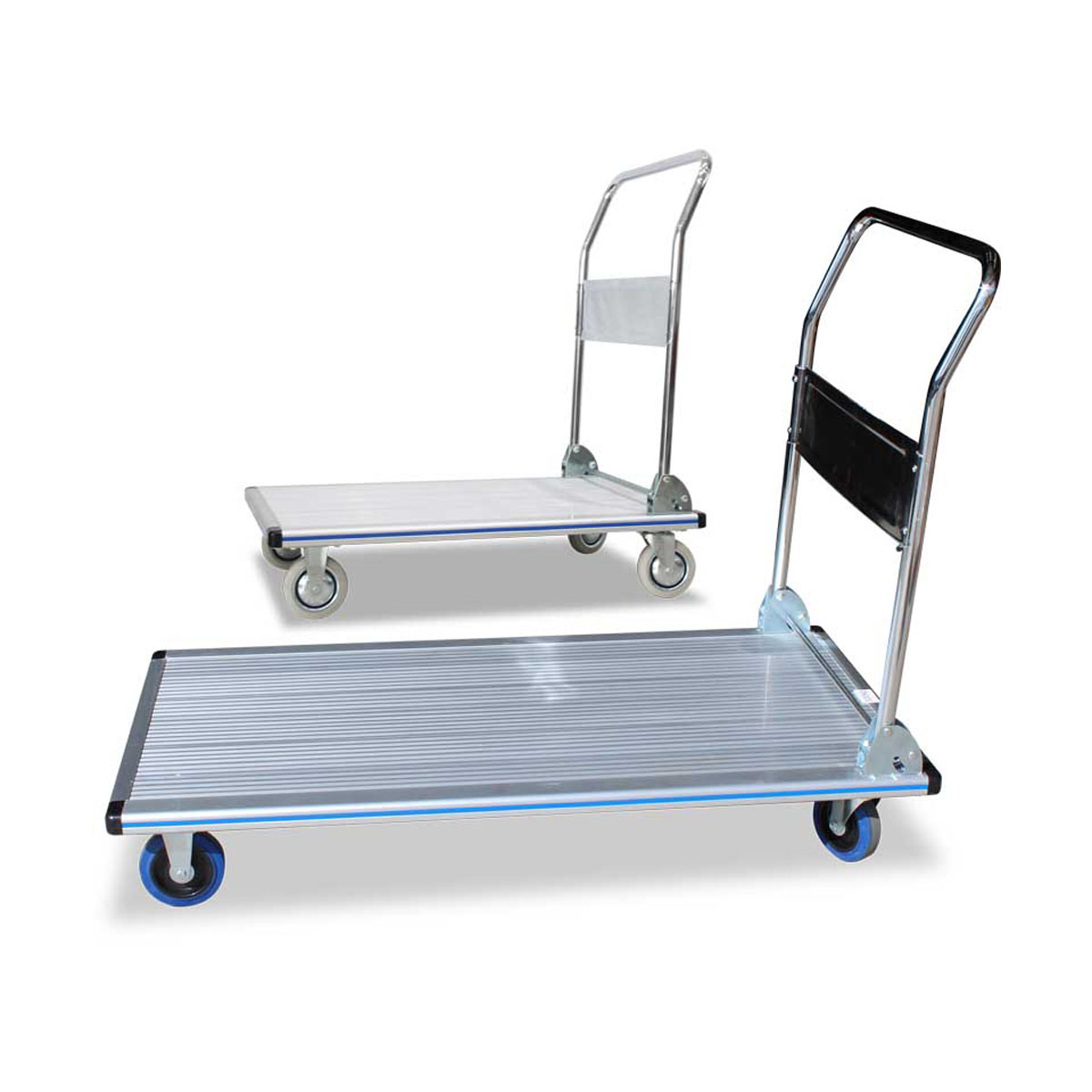Entering the world of restaurant ownership is exciting, but it comes with its fair share of challenges. A restaurant can be more than just a business—it can be a community hub, a culinary adventure, or a lifestyle investment. Evaluating a restaurant for sale opportunity requires careful thought, strategic analysis, and a clear understanding of your goals. Every decision you make now can determine whether this venture will thrive or struggle.
Location And Accessibility
The first factor to examine is the location. A restaurant’s success is heavily influenced by where it sits. High foot traffic, proximity to offices, residential areas, and easy parking can all affect daily patronage. Beyond visibility, consider accessibility for deliveries and suppliers. A well-chosen location can make a restaurant for sale more valuable and easier to manage in the long run.
Existing Reputation And Customer Base
When evaluating a restaurant for sale, its reputation matters. Research online reviews, social media presence, and word-of-mouth feedback. A loyal customer base is a strong asset, offering immediate revenue and a sense of stability. However, poor reviews can signal underlying issues. Understanding the restaurant’s standing in the community helps gauge potential growth and identifies areas that might need improvement.
Restaurant Financial Performance And Records
No evaluation is complete without a deep dive into financial performance. Review profit and loss statements, tax returns, and expense reports. Consistent revenue, manageable costs, and healthy margins indicate a stable business. Pay attention to trends over the past few years, seasonal fluctuations, and unusual expenses. A restaurant for sale with clear, transparent financial records reduces risk and builds confidence in your investment decision.
Operational Systems And Staffing
The backbone of any restaurant is its operations. Assess existing systems for ordering, inventory, and customer management. A restaurant for sale with organized workflows and reliable staff can ease your transition. Evaluate employee turnover, training protocols, and management style. A well-run team ensures continuity and maintains the quality that customers expect.
Equipment, Lease, And Physical Condition
Consider the tangible assets carefully. Kitchen equipment, furniture, décor, and even the lease terms are crucial factors. Older equipment might require replacement soon, affecting your budget. The lease’s duration, cost, and flexibility can influence your long-term plans. A restaurant for sale with modern equipment and a favorable lease gives a solid starting point for your ownership journey.
Market Trends And Competition
Understanding the competitive landscape is essential. Look at nearby restaurants, emerging dining trends, and shifts in consumer preferences. A restaurant for sale in a growing market segment has potential for expansion and higher profits. Conversely, saturation in a particular niche might limit growth. Awareness of these trends helps you plan strategies that capitalize on opportunities and mitigate risks.
Conclusion
Buying a restaurant is both an adventure and a calculated risk. Evaluating a restaurant for sale requires attention to location, reputation, finances, operations, physical assets, and market dynamics. Each element tells a story about the potential for success. By approaching this process thoughtfully, you can find a restaurant that aligns with your vision, reduces surprises, and offers the chance to create a thriving business. Success comes to those who study every detail and act with informed confidence.




